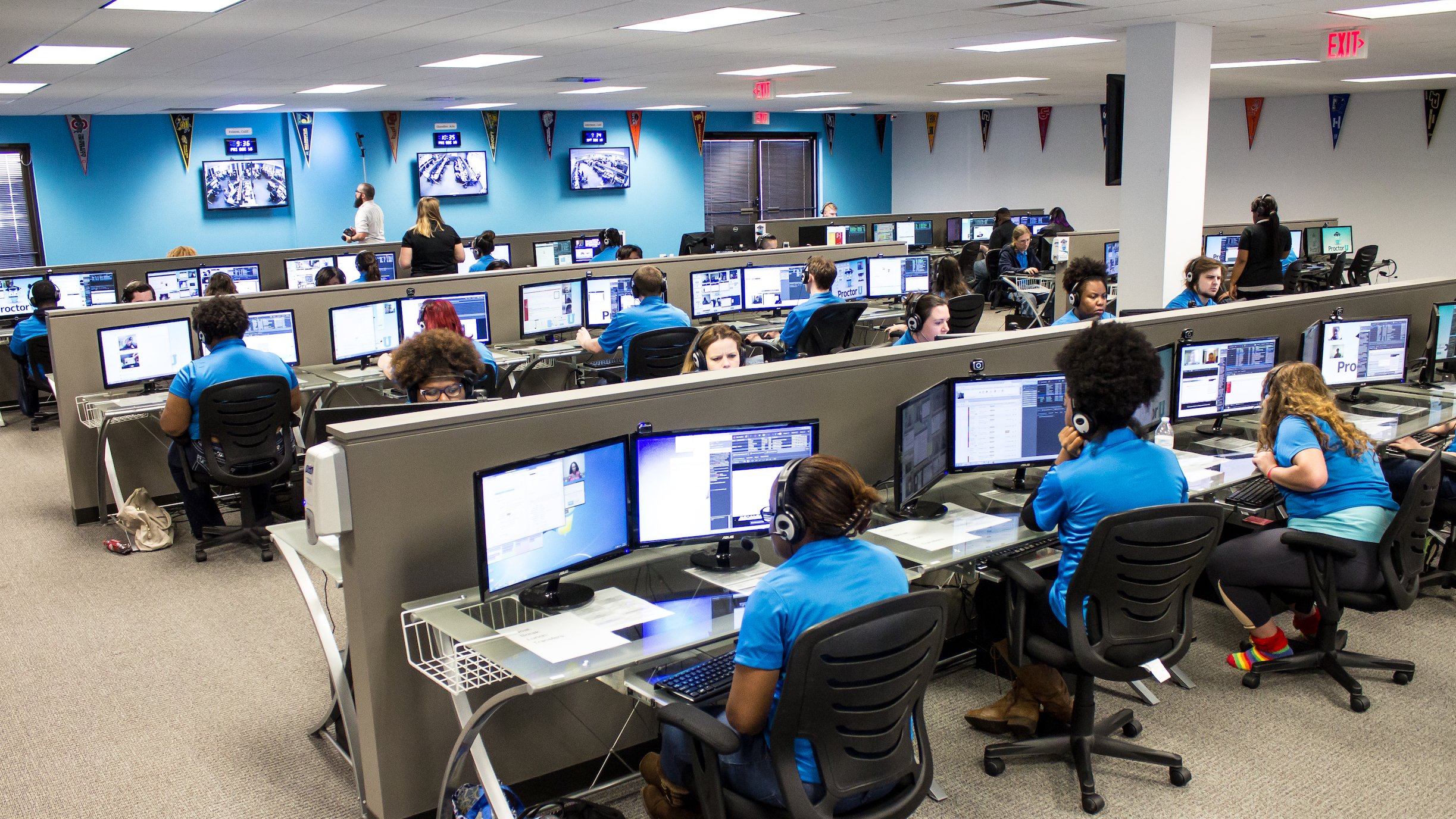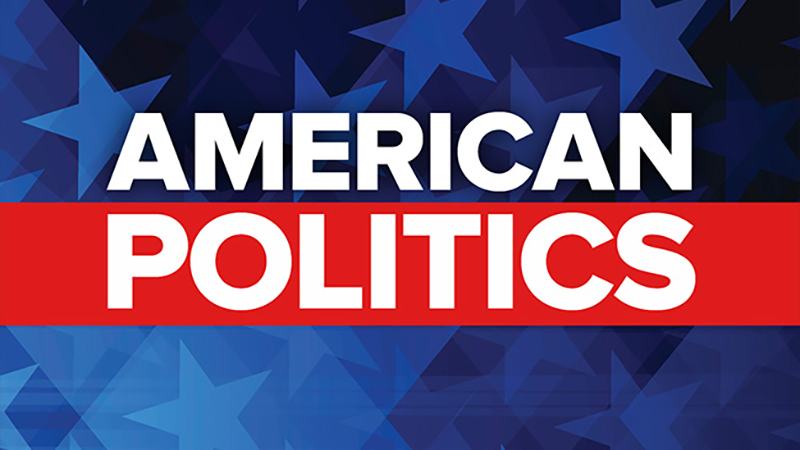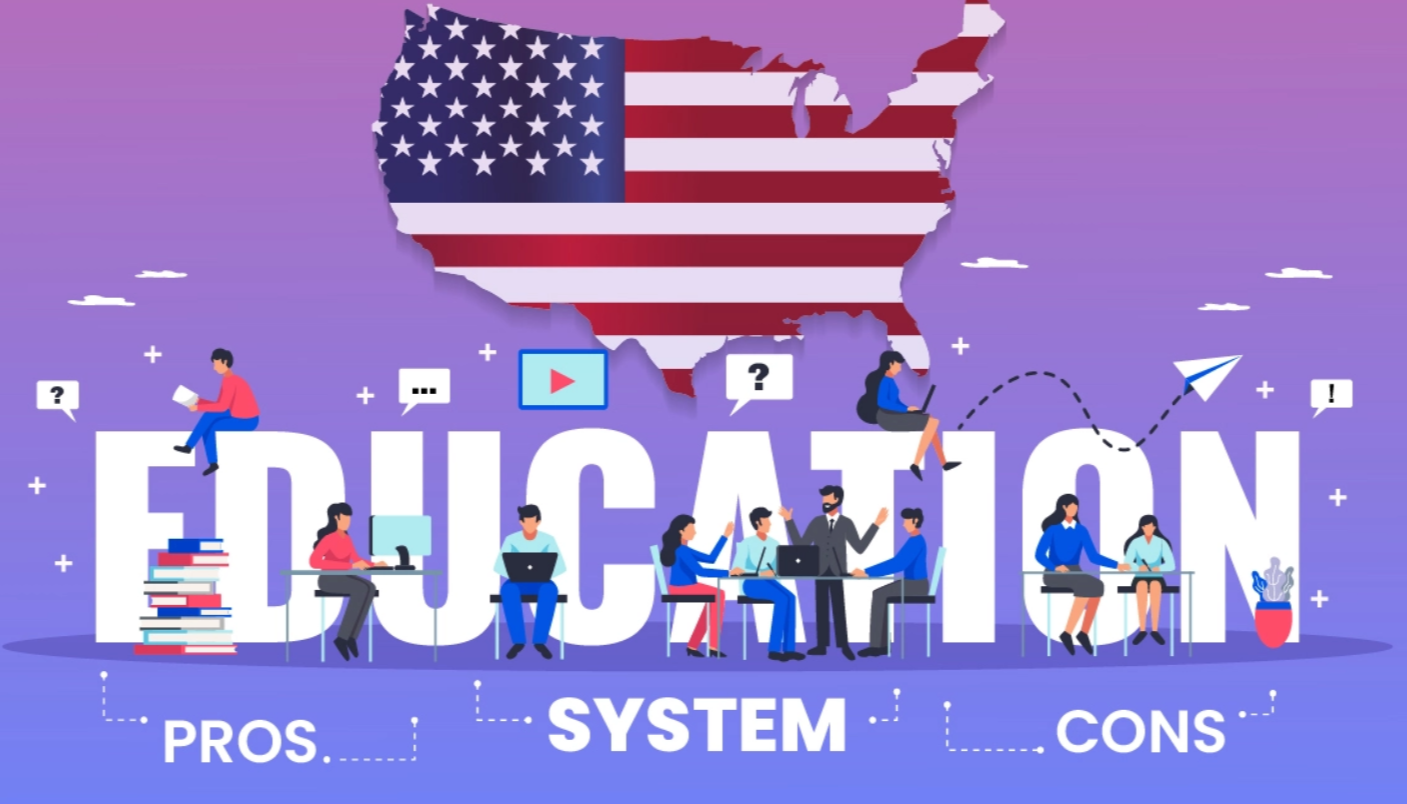(ThyBlackMan.com) Properly assessing student learning is an integral part of any education system. Without correct evaluation, it is hard to gauge the effectiveness of the instruction provided. However, traditional methods of assessment are now being overtaken by digital tools, and with the rise of remote education, more students are taking exams online. With the shift to online assessments, new questions on how to ensure fairness and integrity in exams are being raised. Remote online proctoring has proven to be an effective solution to this issue.
In this article, we will explore how remote online proctoring ensures fairness and integrity in assessments, by discussing the different types of online proctoring, its benefits, and its role in maintaining academic integrity.

Types of Online Proctoring
Online proctoring refers to the process of invigilating a student’s online exam through the use of technology. There are different types of online proctoring depending on the level of surveillance required.
One type is fully automated proctoring, which involves the use of machine learning algorithms to detect and flag suspicious behavior or attempts of cheating. Another type is live online proctoring, where a human proctor monitors the exam in real-time, usually through video conferencing technology. Hybrid online proctoring involves a combination of automated and live proctoring.
Benefits of Remote Proctoring
Remote online proctoring has numerous benefits that make it a popular solution for educational institutions and businesses. It is cost-efficient since it eliminates the need for in-person proctors. Students can take exams at their convenience, without geographical restrictions.
Additionally, remote proctoring ensures that every student is evaluated equitably, without any bias. It also makes the assessment process quick and efficient, eliminating manual data entry.
Role in Maintaining Academic Integrity
Academic integrity refers to the adherence to ethical practices while learning or teaching. In recent years, issues of academic integrity have been on the rise, with students using various means to cheat on online exams.
Remote online proctoring has proven to be an effective solution to this issue. By using high-quality video and audio equipment, human proctors can detect and prevent cheating. Remote proctoring also offers the opportunity for institutions to use biometric authentication methods like facial recognition or fingerprint scanning, to verify the identity of the test-taker.
Using an online solution for exam proctoring can help institutions maintain fair and unbiased assessments. It is the best way to provide a safe and secure environment for both the student and the exam. The use of technology makes it harder for students to cheat, thereby ensuring academic integrity and fairness.
In Summary
Remote online proctoring is a modern solution that has revolutionized the assessment process. It offers numerous benefits, including reduced costs, geographic flexibility, and most importantly, fair and unbiased assessments.
With the shift to remote learning, the need for proper and effective assessments is more important than ever. Institutions must adopt remote online proctoring to ensure academic integrity and evaluate student learning equitably. The use of online solutions for exam proctoring is the way forward in the education and business sectors, ensuring that the quality of education remains at the highest possible levels.
Staff Writer; Fred Brown
















Leave a Reply